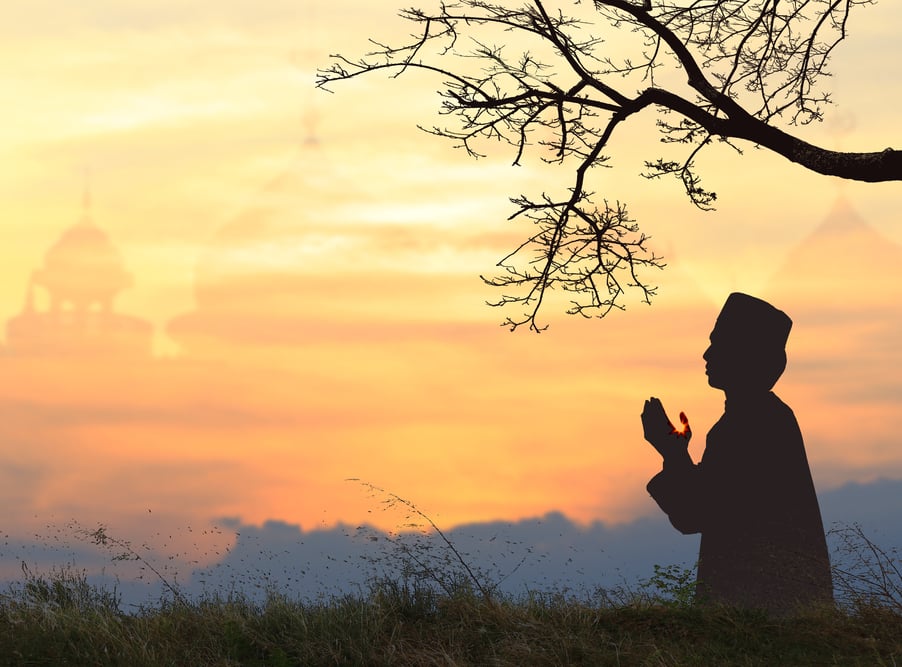Is Bowing to Someone Out of Respect Considered Disbelief?
Answered by Shaykh Yusuf Weltch
Question
I know bowing to people is haram, and it is kufr. But if I see a Japanese person bowing to a person, I know it’s haram, but if I admire how they respect people, although the way of respecting is not correct, am I committing an act of kufr?
Answer
In the Name of Allah, the Most Merciful and Compassionate
To answer your question, neither bowing out of respect nor appreciating the act of bowing as a sign of respect is disbelief.
What is Disbelief?
Our scholars define disbelief as rejecting a tenet of faith required to believe in to accept Islam or to reject something necessarily known as part of the religion. [Tahawi, al-‘Aqida al-Tahawiyya]
Bowing Out of Respect
Bowing to someone as a show of respect was permitted in previous Islamic laws. This can be seen in Sura Yusuf.
Allah Most High says, “Then he raised his parents to the throne, and they all fell in prostration to Joseph…” [Quran, 12:100]
The act of bowing to someone out of respect has been abrogated in the sacred law of the Prophet Muhammad (may Allah bless him and give him peace). Thus doing so is strictly prohibited and a major sin. [Ibn ‘Abidin, Radd al-Muhtar]
Secondary Prohibitions
Due to the above, bowing to someone is not intrinsically prohibited; if it were, it would have never been permitted by any Prophet. Its prohibition is due to an external factor: resembling worship of other than Allah Most High. For this reason, it is not disbelief to appreciate the sentiment of showing respect in this manner.
The law of the Prophet Muhammad exemplifies the pinnacle of all Islamic ideals. At the forefront of these ideas is Divine Oneness. Thus our Prophet (may Allah bless him and give him peace) constantly encouraged us to act contrary to the Polytheists and idol-worshippers. This can be seen in many aspects of the Sacred Law, such as:
- Trimming the mustache and lengthening the beard
- Wearing hats beneath turbans
- Not praying as the sun rises, when it’s at its zenith, or when it sets
- Not praying in the presents of pictures or statues or toward the fire
(Each of these is established in the Prophetic narrations and books of Jurisprudence)
Likewise, anything that would resemble the worship of creation.
Hope this helps
Allah knows best
[Shaykh] Yusuf Weltch
Checked and Approved by Shaykh Faraz Rabbani
Shaykh Yusuf Weltch is a teacher of Arabic, Islamic law, and spirituality. After accepting Islam in 2008, he then completed four years at the Darul Uloom seminary in New York where he studied Arabic and the traditional sciences. He then traveled to Tarim, Yemen, where he stayed for three years studying in Dar Al-Mustafa under some of the greatest scholars of our time, including Habib Umar Bin Hafiz, Habib Kadhim al-Saqqaf, and Shaykh Umar al-Khatib. In Tarim, Shaykh Yusuf completed the memorization of the Qur’an and studied beliefs, legal methodology, hadith methodology, Qur’anic exegesis, Islamic history, and a number of texts on spirituality. He joined the SeekersGuidance faculty in the summer of 2019.
